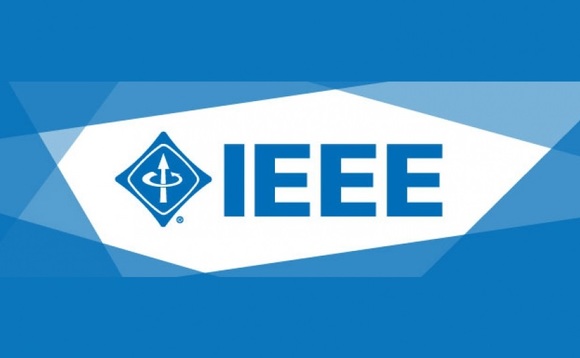

Model Predictive Control (MPC) refers to a broad range of control strategies that make explicit use of a model of the system/device to be controlled optimally. In order to obtain the optimal control signal (or sequence of control signals), MPC optimizes a certain cost function at regular intervals. Due to its unique capabilities to deal with limitations on actuators and system states as well as its theoretical basis, MPC has been widely received and successfully used for many decades, mostly for control of slow industrial plants. However, with continuous advances of control theory and increasing computational capabilities of modern microprocessors, the MPC has recently also become a technically feasible solution for control of energy conversion systems that operate at much faster times scales. Some notable examples of such systems are non-conventional electric power generating and energy storage equipment, electric machinery and electrical vehicles, where energy conversion process (including maximum power extraction, variable speed operation, charging) is commonly regulated by electrical power converters. These individual systems can also make use of advanced energy conversion and communication technologies in order to coordinate support the legacy grid or to form and effectively control small autonomous grids, also known as microgrids. The aim of this Special Section is to provide a timely opportunity for scientists, researchers and practicing engineers to share and disseminate their latest discoveries and results in the area of MPC applications for control of power and energy conversion systems. The submitted papers need to demonstrate strong original contributions and fall within the scope of IEEE Transactions on Energy Conversion. The topics of interest include, but are not limited to, the following:
Prior to preparing a full paper, an extended abstract of 500-1000 words should be emailed in PDF form to the Guest Editor-in-Chief, Tomislav Dragičević (tdr@et.aau.dk). The abstract should concisely describe the main idea of the paper and make a clear case regarding the novelty and technical contribution of the work. The submitted abstract must include the list of all co-authors and identify the corresponding author and his/her affiliation for the purpose of future communications. The team of Guest Editors will evaluate the submitted abstracts for appropriateness and timeliness. Based on scope and suitability for this Special Section, authors will be invited to submit full papers, which will then undergo a peer-review process. The full manuscripts will be submitted in electronic format through the Manuscript Central web site: http://mc.manuscriptcentral.com/tec-pes. On the submitting page #1, in the drop-down list for Manuscript Type, select: Model Predictive Control in Energy Conversion Systems.
Tomislav Dragičević,
Alessandra Parisio,
Jose Rodriguez,
Colin N. Jones,
Daniel E. Quevedo,
Luca Ferrarini,
Matthias Preindl,
Thomas Morstyn,
Alberto Tessarolo,
Recent Comments